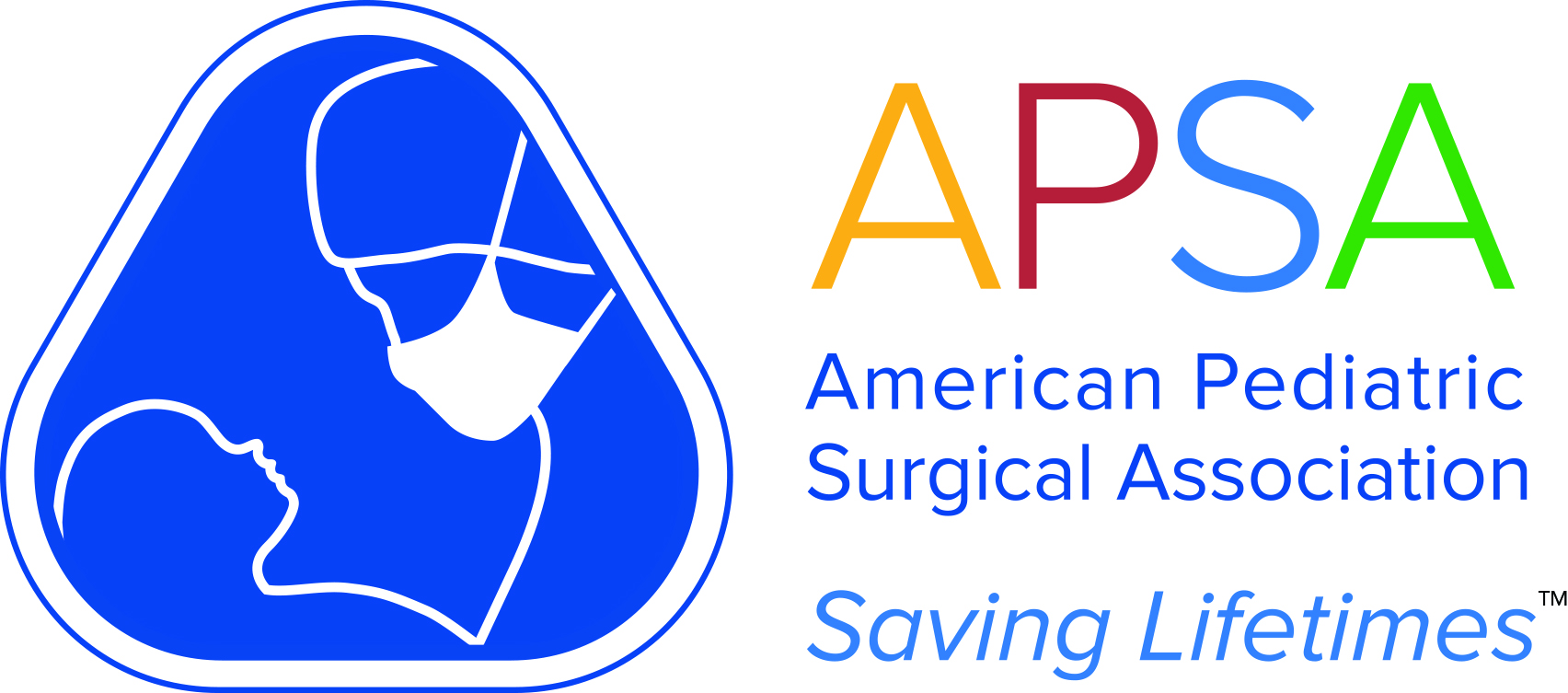CANCER COMMITTEE
APSA Committees carry out a number of different critical functions for the association.
Surgical Oncology Resources
For the convenience of the APSA membership, the Cancer Committee has aggregated a list of frequently used references for common pediatric malignancies.
Cancer Committee Literature Reviews
The Cancer Committee prepares quarterly literature reviews for APSA members which provide an overview of recent cancer research pertinent to all pediatric surgeons. The selections are compiled by members of the Cancer Committee, but as a group, they are not endorsing the results of these studies as definitive practice. Continuing medical education maintenance of certification self-assessment credit for the literature reviews is available through APSA’s ExPERT CME Program. View the Cancer Committee Literature Reviews.
Handbooks for Cancer Surgery
Available to APSA members only, each handbook identifies APSA members who have extensive knowledge with this disease process and contains a one-minute review (to refresh just before an operation), staging materials, surgical management and other necessary information on this cancer. These handbooks are provided by the APSA Cancer Committee, and will be periodically updated to provide current standards of care for treatment. These handbooks are not meant to replace involvement with Children’s Oncology Group protocols, and continued participation in COG activities is strongly encouraged. View the handbooks on liver tumors, neuroblastoma, renal tumors and rhabdomyosarcoma.
